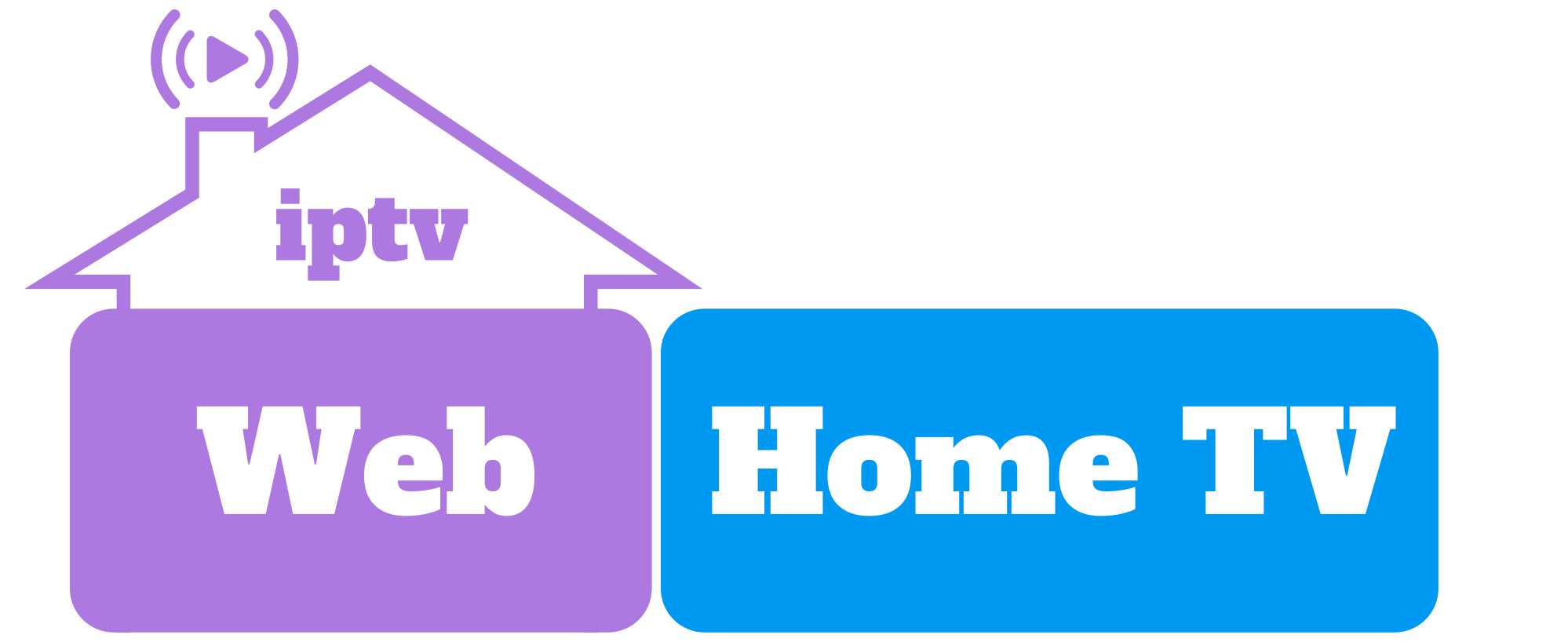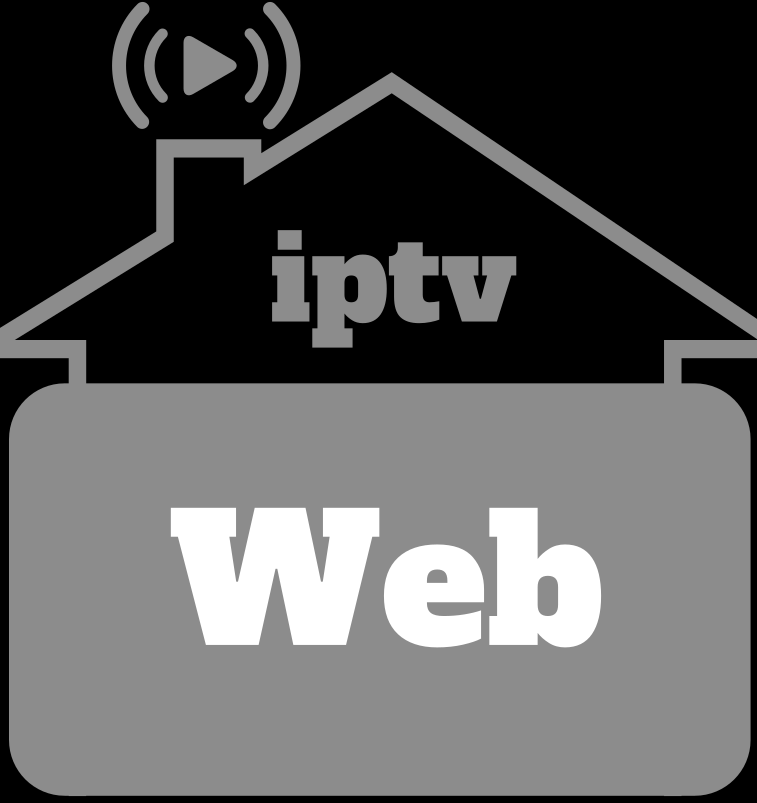Internet Protocol Television (IPTV) has revolutionized how we access and consume television content. Unlike traditional broadcasting methods that rely on cable, satellite, or terrestrial signals, IPTV uses the internet to deliver live television, on-demand content, and interactive media. This innovative approach has gained immense popularity globally, offering a flexible, personalized, and affordable entertainment experience. Let’s delve deeper into what IPTV is, how it works, and why it is shaping the future of television.
What is IPTV?
IPTV stands for Internet Protocol Television, a system where television services are delivered via the internet rather than traditional formats. Content is streamed in real-time through IP-based networks, allowing users to watch live channels, recorded shows, or on-demand videos without needing a cable or satellite connection.
Unlike linear television, where viewers must adhere to pre-determined schedules, IPTV provides a more dynamic experience, enabling viewers to access content at their convenience.
How Does IPTV Work?
IPTV operates through three main components:
- Content Delivery: Media is captured and encoded into a digital format compatible with internet transmission.
- Distribution Network: Data is sent via high-speed internet connections to user devices, such as smart TVs, smartphones, laptops, or IPTV set-top boxes.
- User Interface: An app or portal allows users to browse, select, and play content seamlessly.
This system ensures that viewers can enjoy content in high definition (HD) or ultra-high definition (UHD), depending on their internet bandwidth.
Types of IPTV Services
IPTV services can be broadly categorized into three types:
- Live Television: Streaming live broadcasts of TV channels, news, and sports events in real-time.
- Video-On-Demand (VOD): Access to a library of movies, shows, and documentaries that can be streamed instantly.
- Time-Shifted TV: Features like catch-up TV and the ability to pause, rewind, or replay live broadcasts.
Advantages of IPTV
- Flexibility: Viewers can access content on multiple devices, making IPTV perfect for on-the-go entertainment.
- Cost-Effective: IPTV services often offer affordable subscription plans compared to traditional cable or satellite TV.
- Content Variety: With IPTV, users can access local, national, and international channels, including niche programming.
- Interactive Features: The ability to control playback, create playlists, and receive personalized content recommendations enhances the viewing experience.
- High-Quality Streaming: IPTV supports HD and UHD content, providing crystal-clear visuals and immersive audio.
Challenges and Considerations
While IPTV has many advantages, it also comes with a few challenges:
- Dependence on Internet Speed: A stable, high-speed internet connection is crucial for uninterrupted streaming.
- Potential for Piracy: Unauthorized IPTV services may lead to legal and quality issues.
- Compatibility: Some IPTV services may require specific devices or apps for optimal performance.
The Future of IPTV
The rapid growth of high-speed internet and advancements in streaming technology are driving the popularity of IPTV. As consumer preferences shift toward on-demand and personalized content, IPTV is well-positioned to dominate the television landscape. Additionally, with the integration of artificial intelligence (AI) and machine learning, IPTV providers are enhancing user experiences through tailored recommendations and interactive features.
Conclusion
IPTV is not just an alternative to traditional television—it’s a game-changer in the digital age. Offering unparalleled convenience, diverse content, and affordability, IPTV caters to modern viewers’ needs and preferences. Whether you’re a tech enthusiast or someone seeking a better entertainment option, IPTV represents the next frontier in television innovation.
As internet technology continues to evolve, IPTV is set to redefine how we watch TV, making it an integral part of the future of entertainment.




